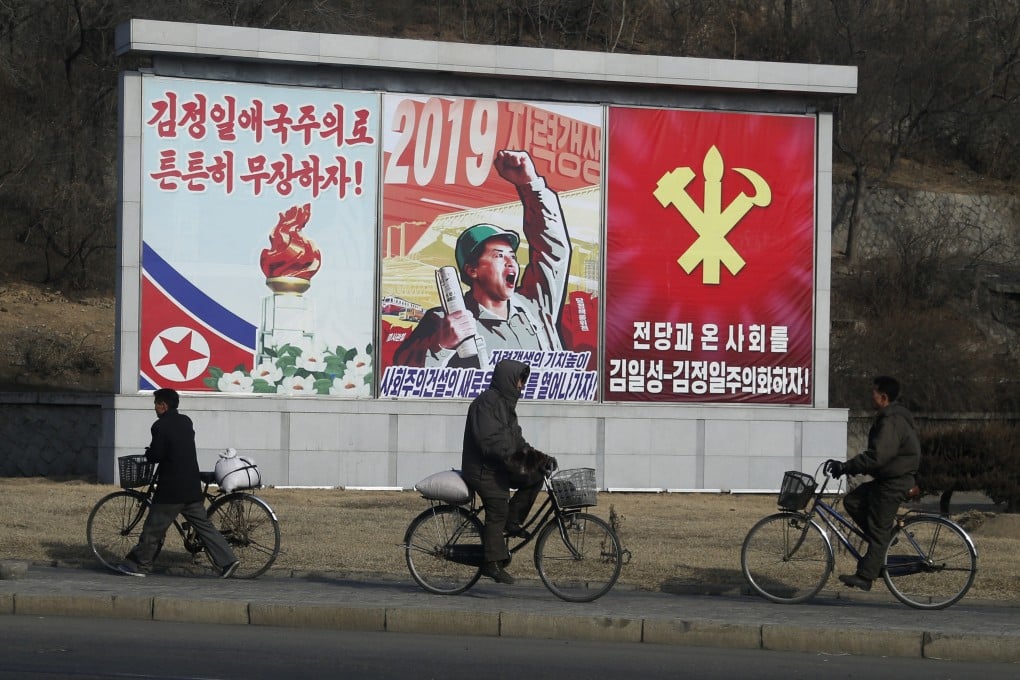Advertisement
North Korea slams ‘psychological warfare’ as South repeals ban on anti-Pyongyang leaflets
- South Korea’s constitutional court recently struck down a law that effectively banned the cross-border leaflet campaigns, saying it was unconstitutional
- The North lashed out over the move, warning that it could cause a military clash in the Korean peninsula similar to those in the Middle East and Europe
Reading Time:3 minutes
Why you can trust SCMP

North Korea’s state media has condemned the decision by the South’s top court to repeal a law banning activists from sending anti-Pyongyang leaflets across the border, warning of military clashes similar to those in the Middle East and Europe.
The warning by the Korean Central News Agency’s (KCNA) on Wednesday underscores Pyongyang’s growing concern that the South’s conservative government would resume “psychological warfare” through such propaganda leaflets and loudspeakers near the border, analysts said.
South Korea’s constitutional court in September struck down a 2020 law that effectively banned the cross-border leaflet campaigns, saying it was unconstitutional and restricted the right to freedom of expression.
Advertisement
The ruling against the Development of Inter-Korean Relations Act, passed under former president Moon Jae-in’s liberal administration, paved the way for activists and defectors from North Korea to resume sending leaflets across the border without facing up to three years in prison or fines of 30 million won (US$22,830).

“Leaflet launches irritate the North the most, as the leaflets contain content that could undermine Kim Jong-un’s authority and legitimacy,” Cho Han-bum, a senior analyst at the Korea Institute for National Unification (KINU), told This Week in Asia.
Advertisement
Advertisement
Select Voice
Choose your listening speed
Get through articles 2x faster
1.25x
250 WPM
Slow
Average
Fast
1.25x